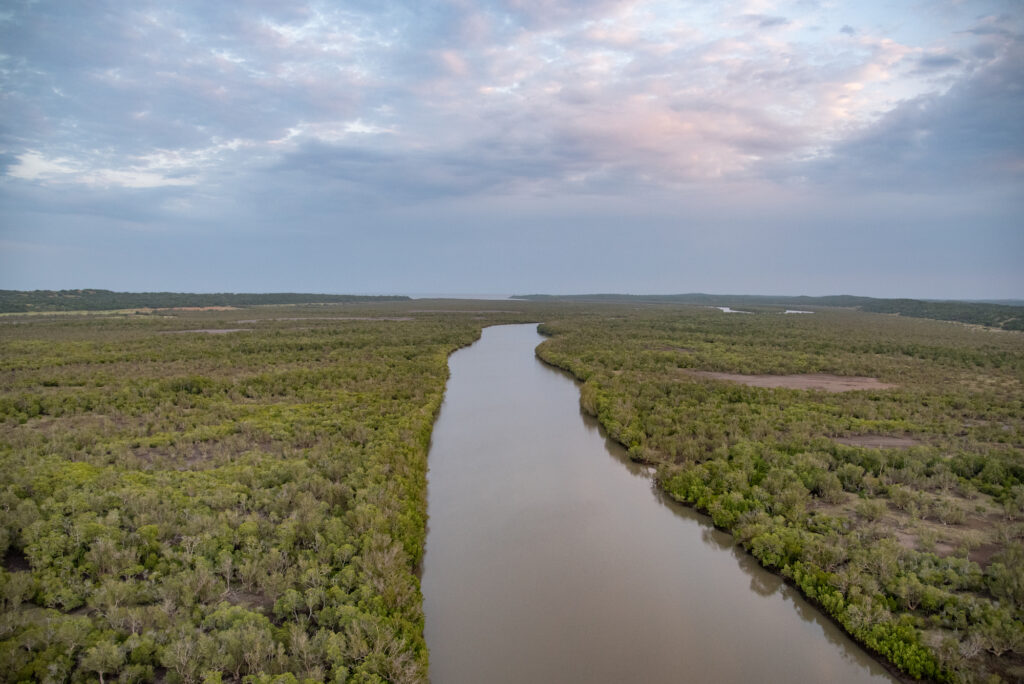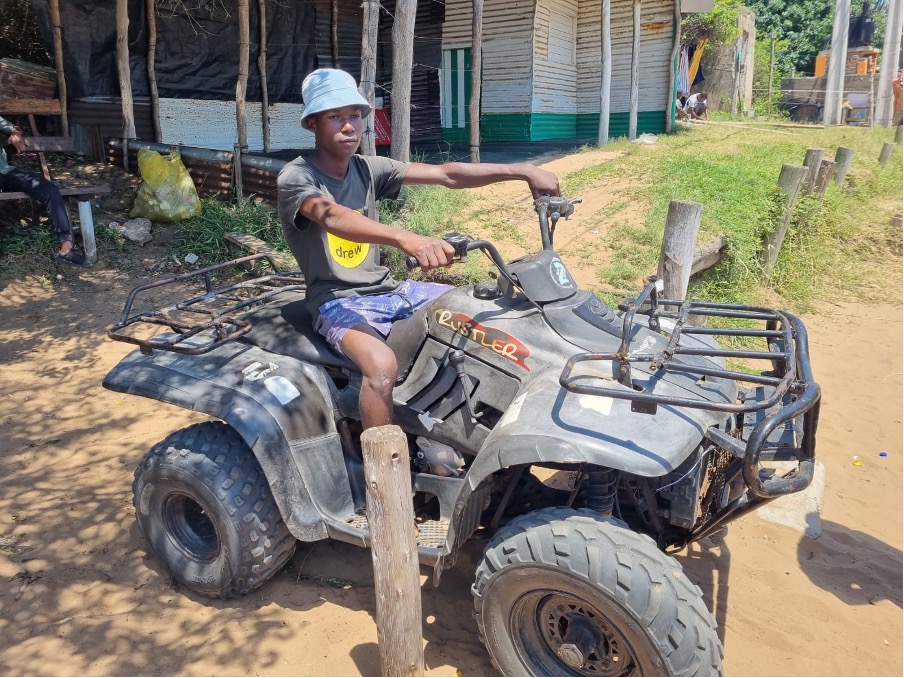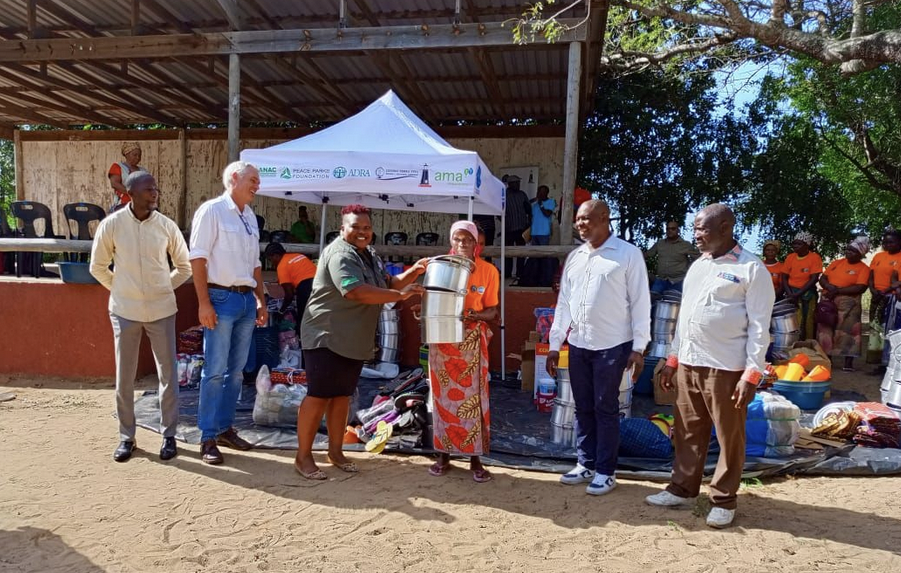Maputo National Park implements a remarkably successful community development programme in the Matutuíne district just south of the timeless city that is Maputo in Mozambique, southern Africa.
Here, in a large cross-border protected landscape known as the Lubombo Transfrontier Conservation Area, lies the lush Maputo National Park where the Futi River slows down and becomes a meandering emerald channel that serves as an important ecological corridor, allowing freshwater from the river to meet with the saline waters of the ocean in the Maputo Bay. This channel, flanked by vibrant wetlands and mangroves supports a wide range of birdlife and is a haven for the elephants that have long called this landscape home.

The river comes down from the dramatic Lubombo Hills that form a natural border between Mozambique and eSwatini. These hills, the river, the mangroves of the Machangulo peninsula, the resource full bay of Maputo, and the island of KaNyaka are deeply woven into the local culture of the people who live here. Many of the communities living along the coast maintain a strong connection to the land and the sea. Traditional farming, livestock rearing, and sustainable use of natural resources are common ways of life.
To support these people, and to ensure protection for the fauna and flora of the park, the Green Climate Fund, through the Blue Action Fund, awarded a generous EUR 5.9 million grant to the Maputo National Park, co-managed by Mozambique’s National Administration for Conservation Areas (ANAC) and Peace Parks Foundation to implement a wide range of upliftment programmes that have a direct impact on preservation.
The German and Mozambican arms of the Adventist Development and Relief Agency (ADRA), who partner with ANAC in the Blue Action Fund project, contract Mozambique’s Environmental Association (AMA) and Livaningo, a Mozambican organisation that integrates the environmental, social, and economic aspects of sustainable development, as implementation partners. The Blue Action Fund’s conservation initiatives are not just top-down but driven by the very communities that rely on these natural resources. By fostering a sense of ownership and responsibility, the Blue Action Fund, touches the lives of people in the landscape.
Twenty-year-old Aniceto Nhambongo, a quadbike taxi driver in Ponta Do Ouro, had been struggling to secure better work opportunities until he enrolled in an English language course offered by the Blue Action Fund. “Thanks to the training, my English has improved significantly. Now, I can communicate with tourists, offer guided tours, and discuss prices. This has allowed me to quadruple my income,” Aniceto shares.
Aniceto now envisions growing his business further: “I hope to save enough money to buy a quad bike and start my own business. The English skills I’ve gained are a game-changer.

These English lessons are just one example of how the Blue Action Fund’s project is transforming lives. The initiative is also making strides in empowering women in the region. As Manuel Menomussanga, the Blue Action Fund Project Manager, explains: “We’ve supported the development of business plans and provided training in business management. In 2024, we distributed 15 business startup kits to vulnerable women, empowering them to create businesses that help alleviate pressure on the park’s natural resources.”
Among those women is Salmina Maphanga, a 61-year-old mother of six, who received a startup kit to launch her own bakery.
“The production and sale of bread has transformed my life,” she says.
“The training in sustainable business management and financial literacy, along with the kit, has given me the tools to provide for my family. With the profits, I can buy uniforms and school supplies, as well as groceries for the family. I was even able to help my husband complete the payment for a boat and fishing equipment, which strengthened our relationship and our family business.”
The Blue Action Fund’s reach extends beyond business training. Filomena Chaúque, a 34-year-old single mother, has also benefited from the project. She enrolled in a housekeeping course for young women, learning valuable skills such as bed-making, decorating, cleaning, and guest hospitality. “After completing the course, I was invited to demonstrate my skills to a hotel manager. They liked what they saw and hired me as a chambermaid,” Filomena shares. “Now, I have a stable job that allows me to support my children and pay for their education. I’m so grateful.”
In a region where climate change is causing more frequent and severe weather events, the project is building resilience for both people and the environment. By creating sustainable economic opportunities, the Blue Action Fund is helping to reduce pressure on Maputo National Park’s ecosystems and ensuring a brighter, more sustainable future for the communities that rely on them.





